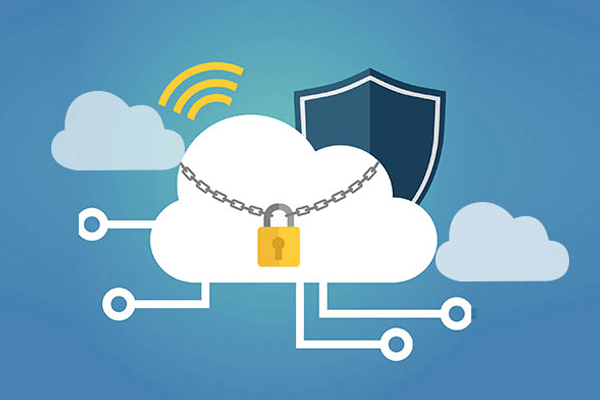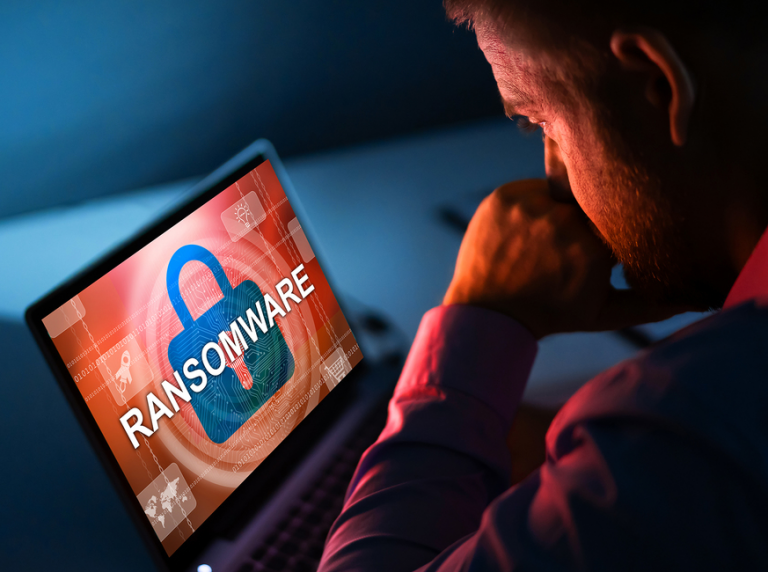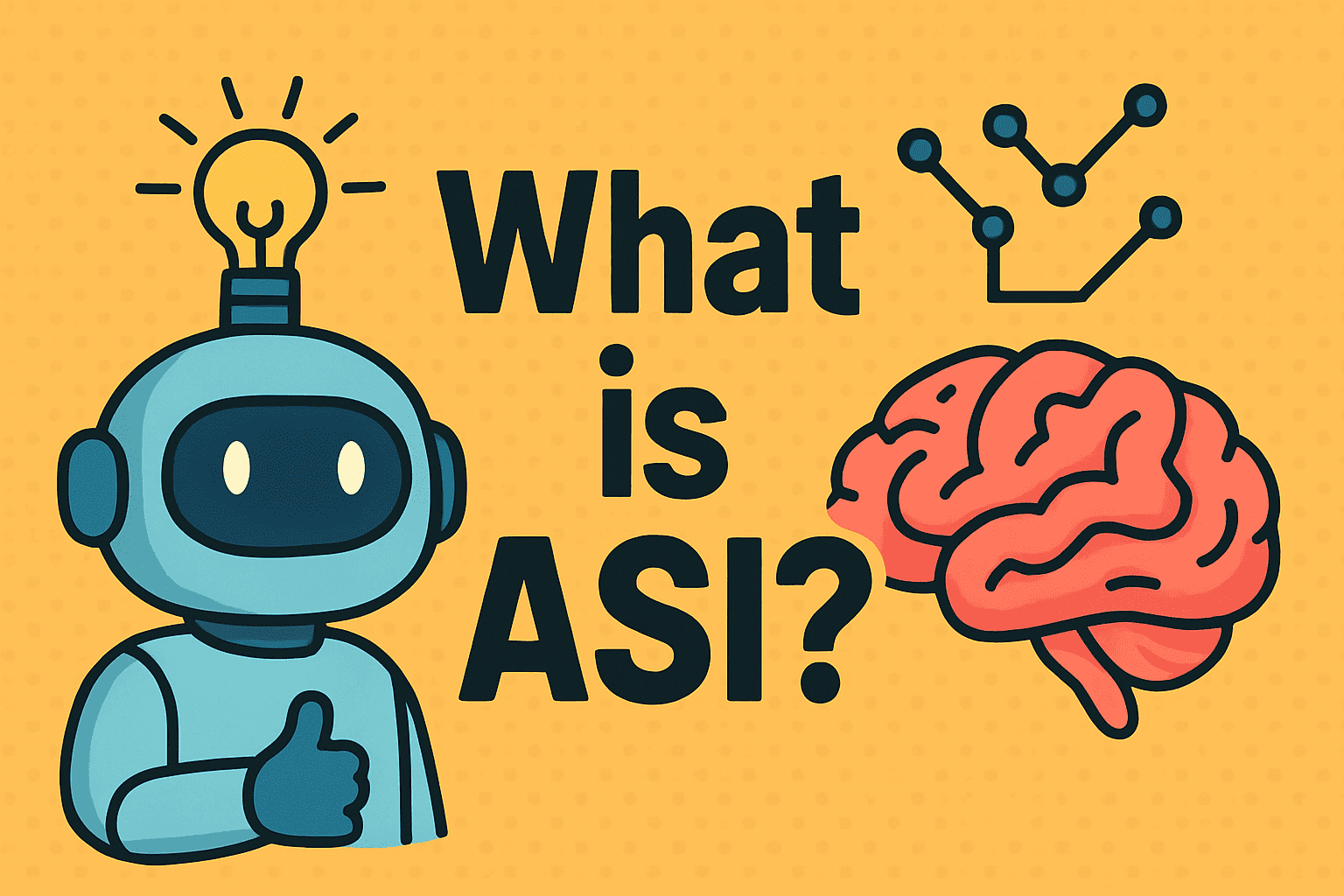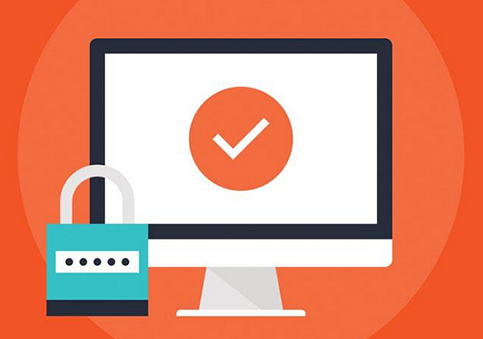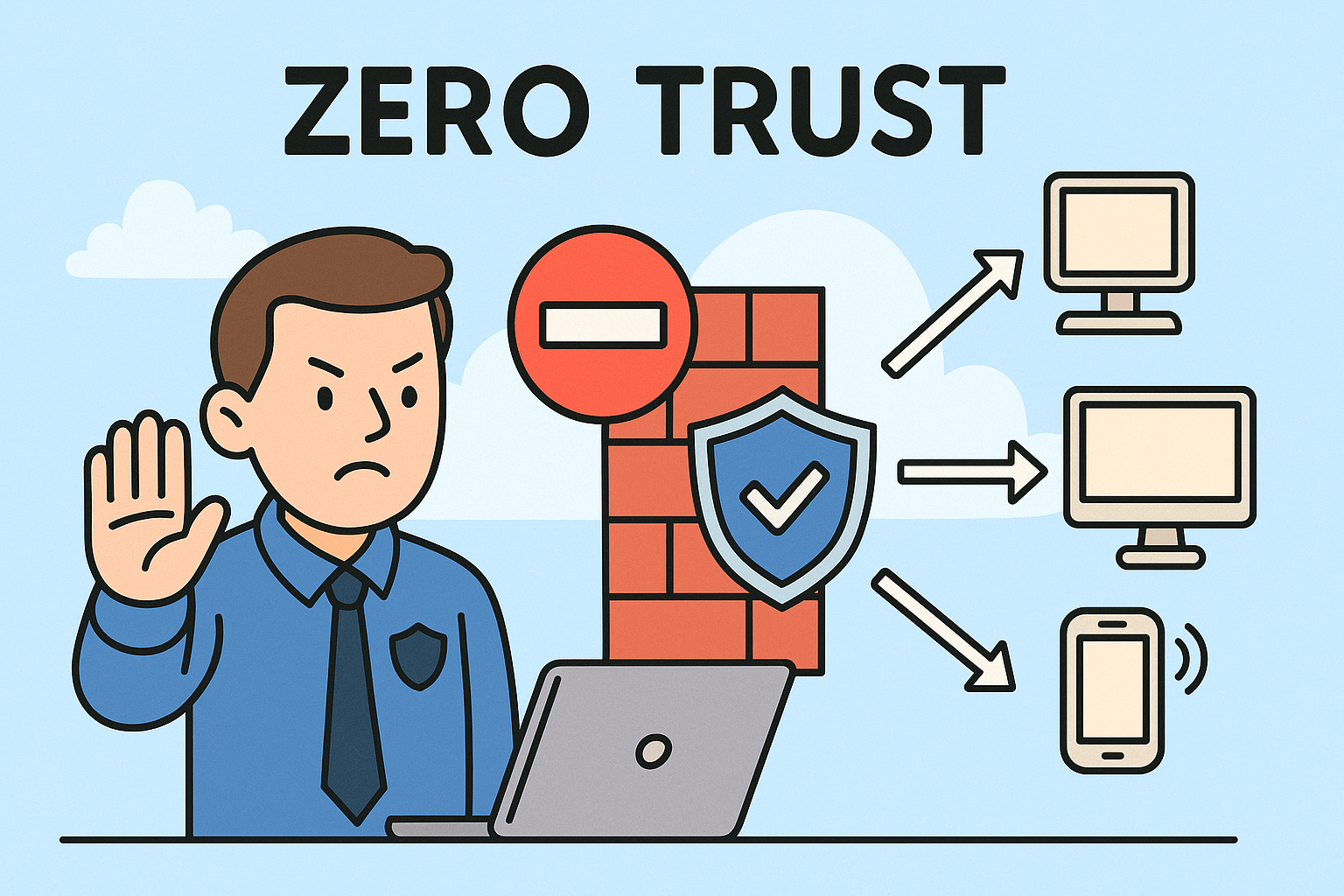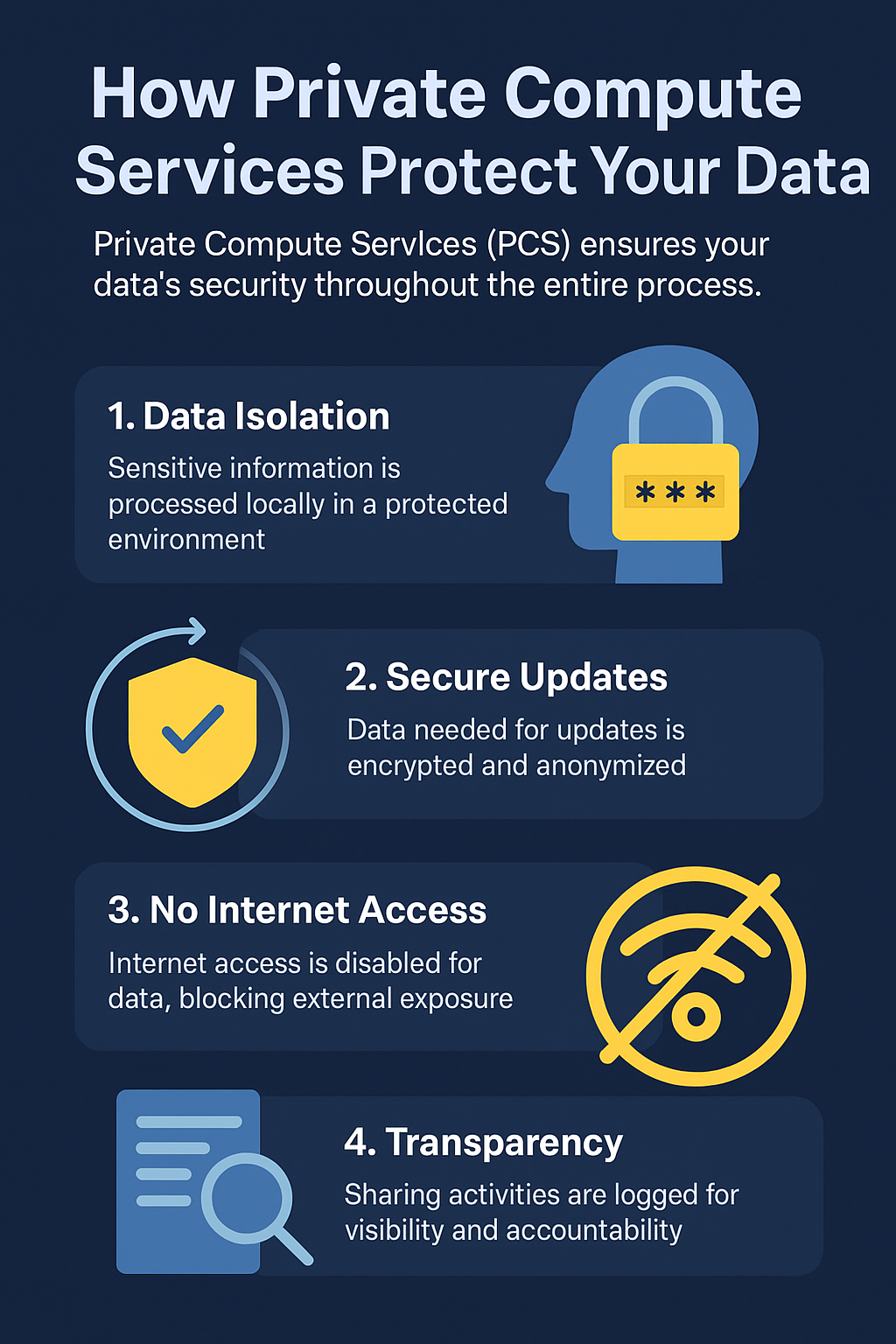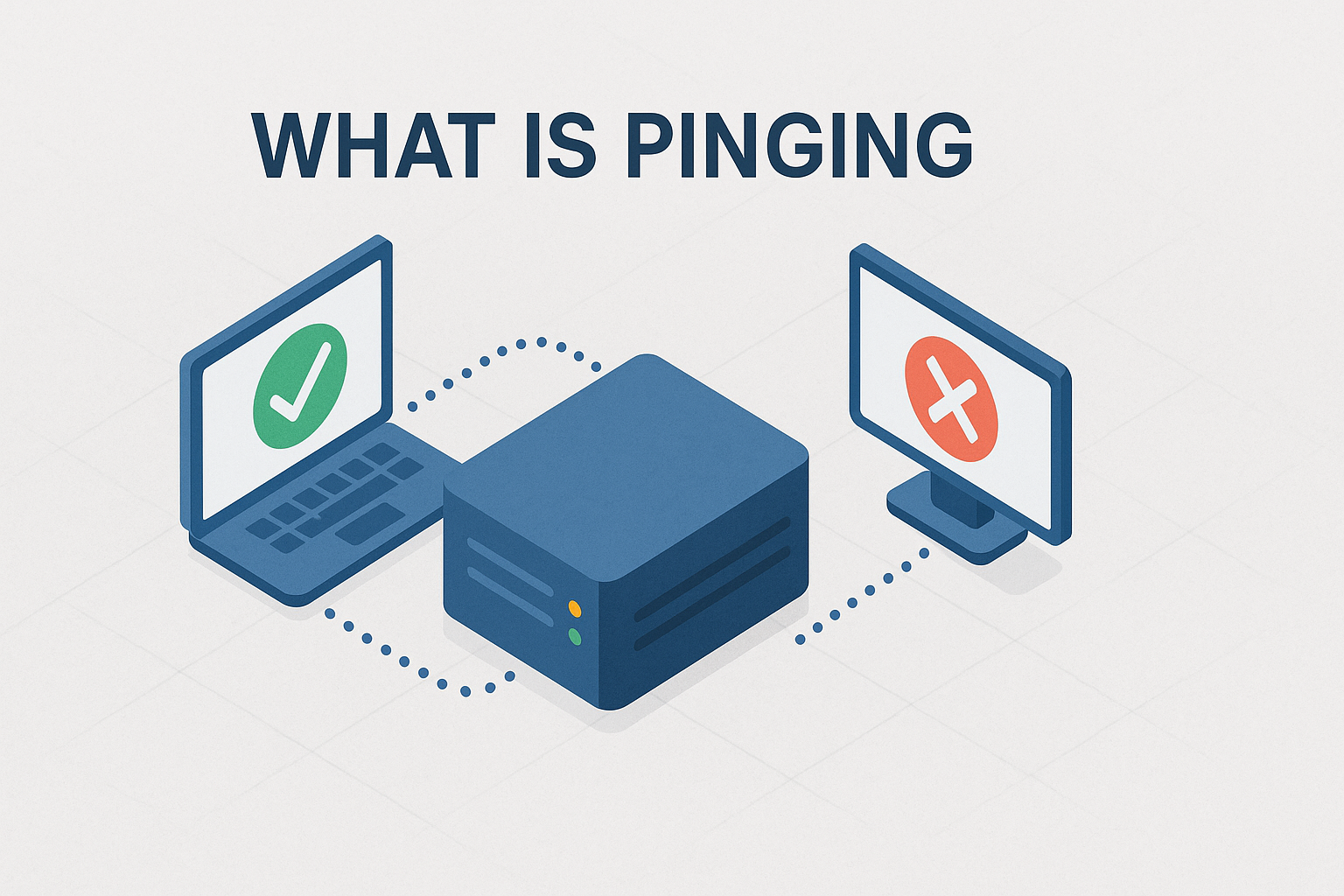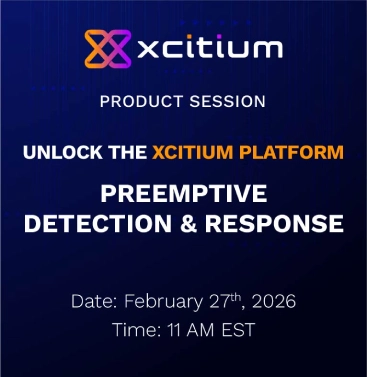What is SSL and TLS? A Complete Guide for Beginners and Professionals
Updated on August 18, 2025, by Xcitium
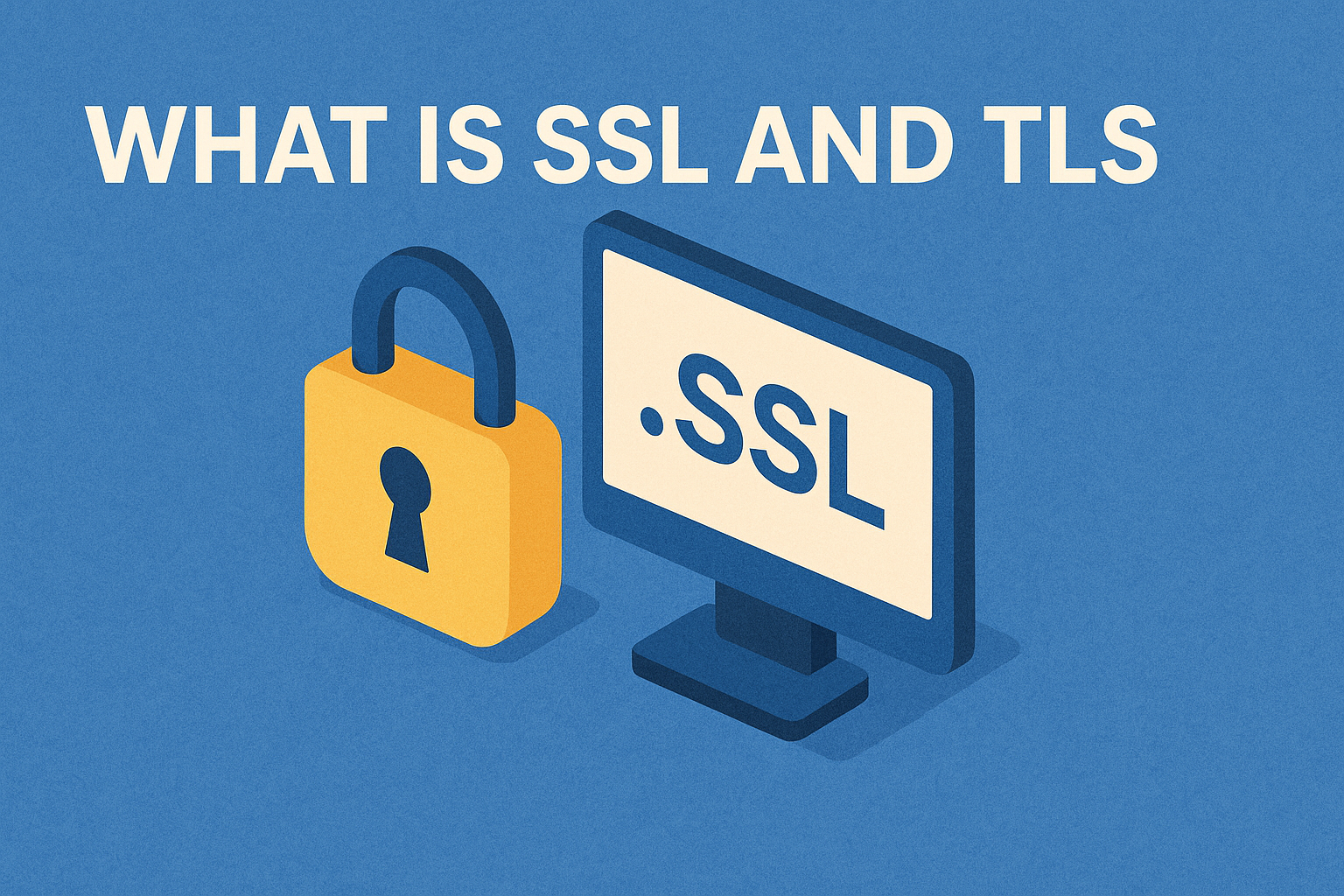
Have you ever noticed a small padlock icon in your browser’s address bar? That’s not just a decoration—it’s proof that the website is using SSL or TLS to protect your data.
What is SSL and TLS? In an era where cyberattacks are more common than ever, SSL (Secure Sockets Layer) and TLS (Transport Layer Security) play a critical role in keeping online communications private, authentic, and secure. Whether you’re a business owner, IT manager, or an everyday internet user, understanding SSL and TLS is essential for safeguarding sensitive information.
SSL vs TLS: The Basics
SSL and TLS are cryptographic protocols that secure data transmitted between a browser and a web server.
- SSL (Secure Sockets Layer): The older protocol, introduced in the mid-1990s.
- TLS (Transport Layer Security): The updated, more secure successor to SSL. TLS fixes many vulnerabilities found in older SSL versions.
Today, when people say “SSL,” they often mean TLS, since most modern websites have moved to TLS.
How SSL and TLS Work
SSL/TLS use encryption, authentication, and integrity checks to ensure safe communication.
- Handshake Process
- Browser and server agree on encryption methods.
- Server sends its digital certificate.
- Browser verifies the certificate’s authenticity.
- Data Encryption
- Once verified, all data sent is encrypted—making it unreadable to hackers.
- Data Integrity
- TLS ensures data isn’t altered during transmission.
Why SSL/TLS is Important
Here’s why these protocols are critical:
- Protects Sensitive Data – Such as passwords, credit card details, and personal info.
- Builds Trust – Users are more likely to trust websites with HTTPS.
- Boosts SEO Ranking – Google gives preference to secure websites.
- Prevents Cyberattacks – Such as man-in-the-middle (MITM) attacks.
Types of SSL/TLS Certificates
SSL/TLS certificates vary based on validation level:
- Domain Validated (DV) – Quick, affordable, basic encryption.
- Organization Validated (OV) – Verifies the organization’s identity.
- Extended Validation (EV) – Shows the company name in the browser bar, highest trust level.
Common Myths About SSL/TLS
- Myth: SSL makes a website 100% hack-proof.
Fact: It protects data in transit but doesn’t secure the server itself. - Myth: Only eCommerce sites need SSL.
Fact: Any site collecting user data should use it.
TLS 1.3: The Latest and Most Secure Version
TLS 1.3 improves speed and security by:
- Using faster handshake processes.
- Removing outdated cryptographic algorithms.
- Providing forward secrecy by default.
Best Practices for Implementing SSL/TLS
- Always use the latest TLS version.
- Redirect HTTP to HTTPS.
- Renew certificates before they expire.
- Use strong cipher suites.
Frequently Asked Questions (FAQ)
- Is SSL still used?
Mostly replaced by TLS, but the term “SSL” is still commonly used to describe TLS-secured sites. - How do I know if a site uses SSL/TLS?
Look for the padlock icon and “https://” in the address bar. - Can SSL certificates be free?
Yes, services like Let’s Encrypt provide free certificates. - How often should SSL/TLS certificates be renewed?
Typically every 1–2 years, depending on the certificate provider. - Does SSL/TLS slow down my website?
Modern TLS versions are optimized, so speed impact is minimal.
Final Thoughts
Understanding what SSL and TLS are isn’t just for tech experts—it’s for anyone who wants to stay safe online. These protocols protect sensitive data, build trust, and are essential for any modern website.
Want to Strengthen Your Organization’s Cybersecurity?
Protect your digital assets with advanced endpoint security and encryption solutions.
👉 Request a free demo today



